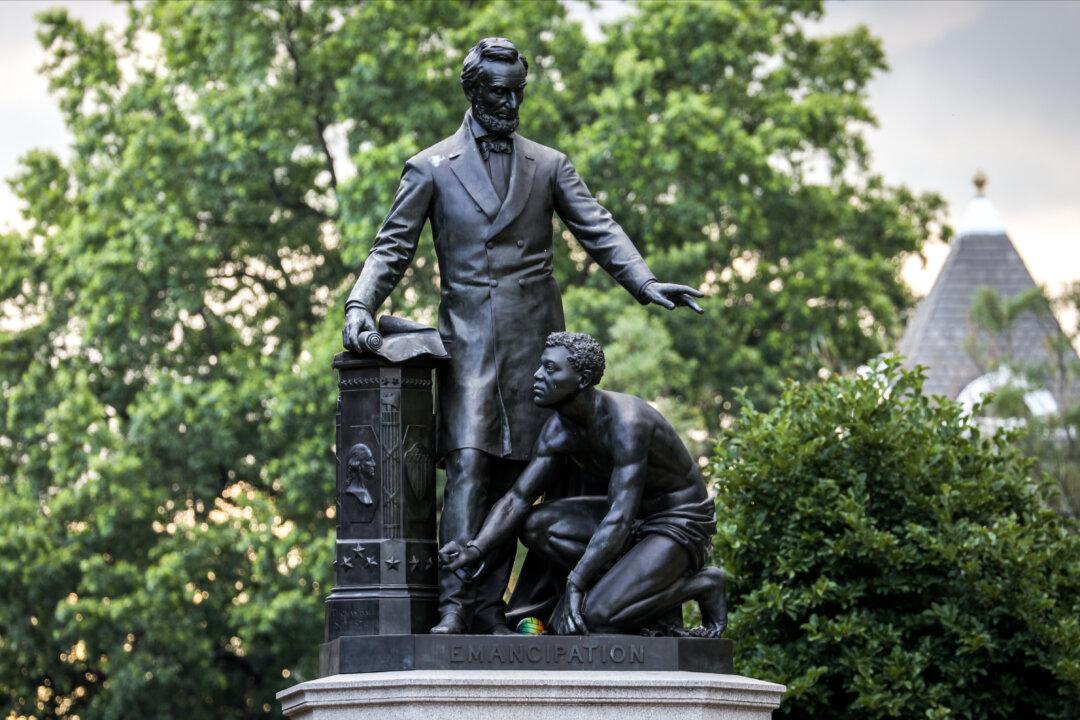Commentary
The movement to tear down and deface monuments to famous people and events in American history is a metaphor for the even more sinister ambitions of the more militant perpetrators.

The movement to tear down and deface monuments to famous people and events in American history is a metaphor for the even more sinister ambitions of the more militant perpetrators.